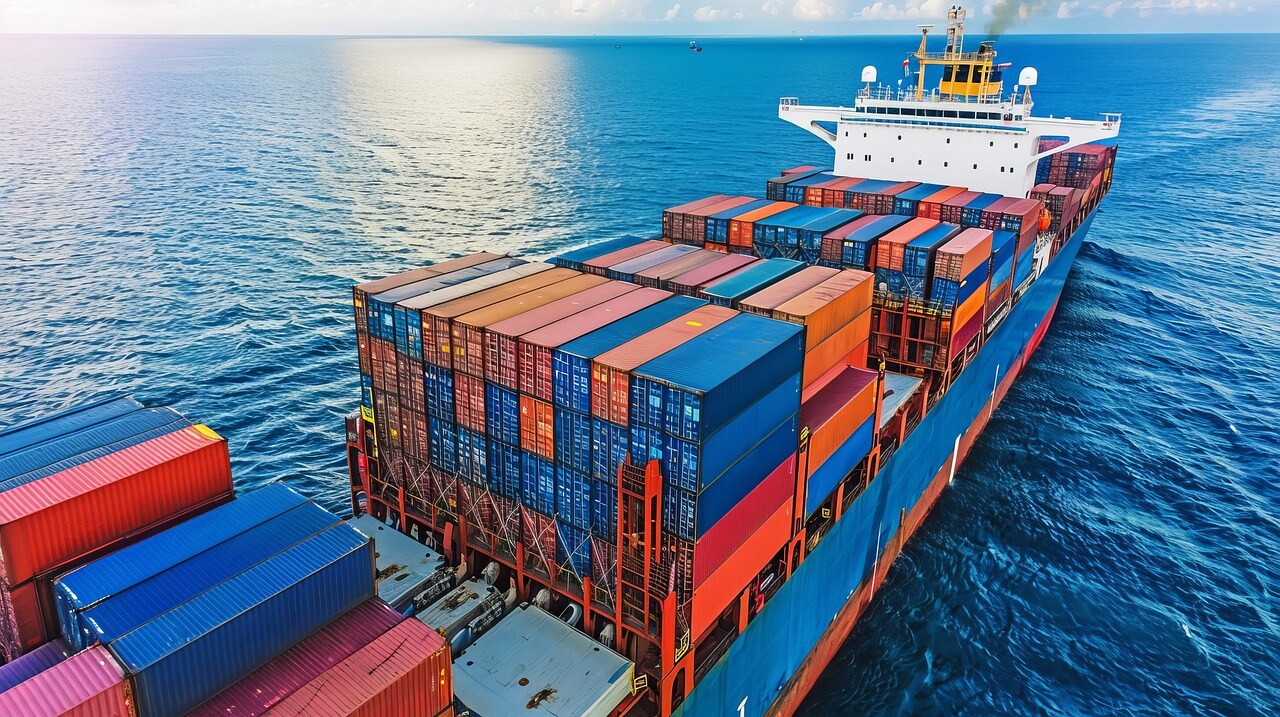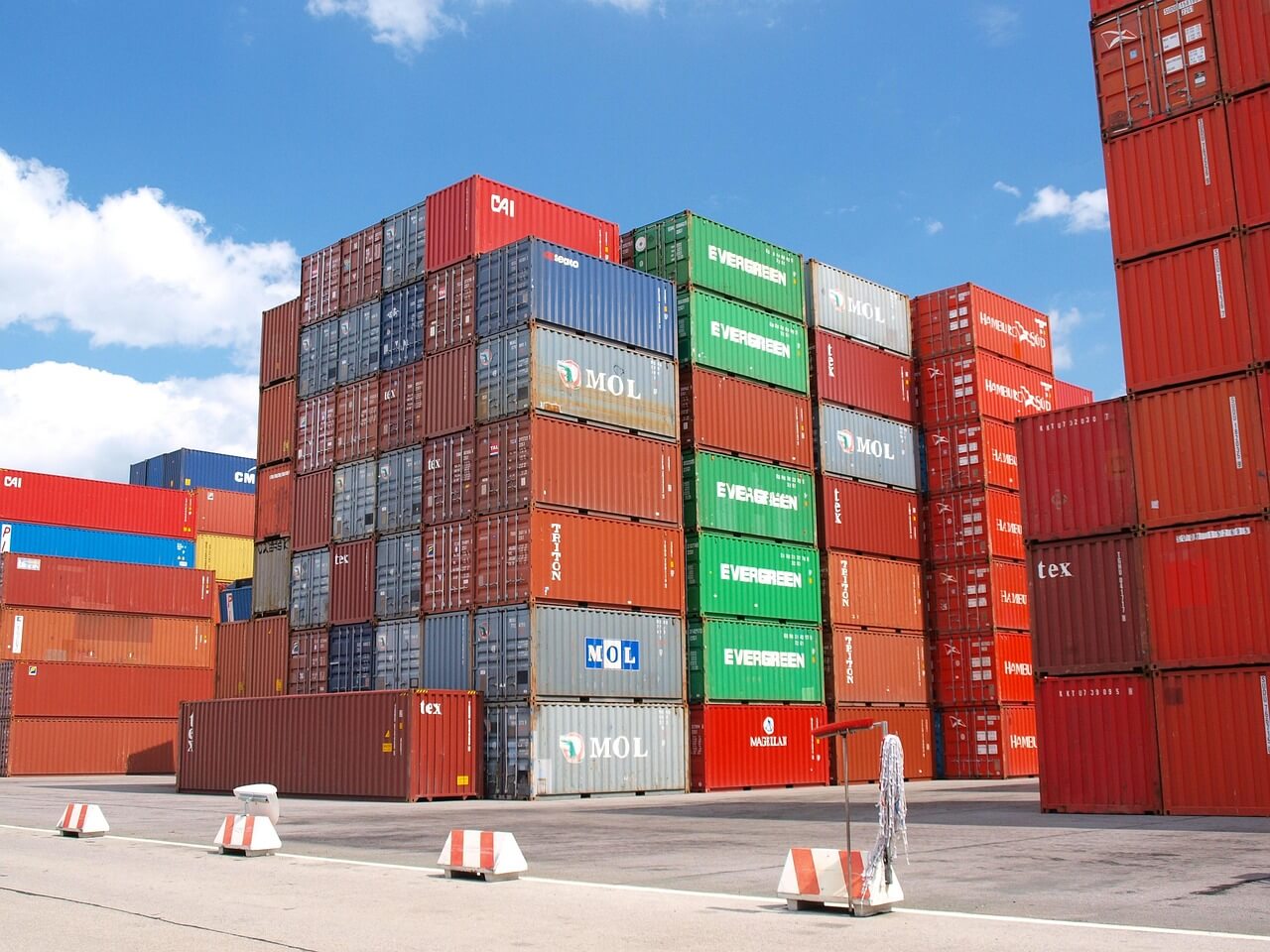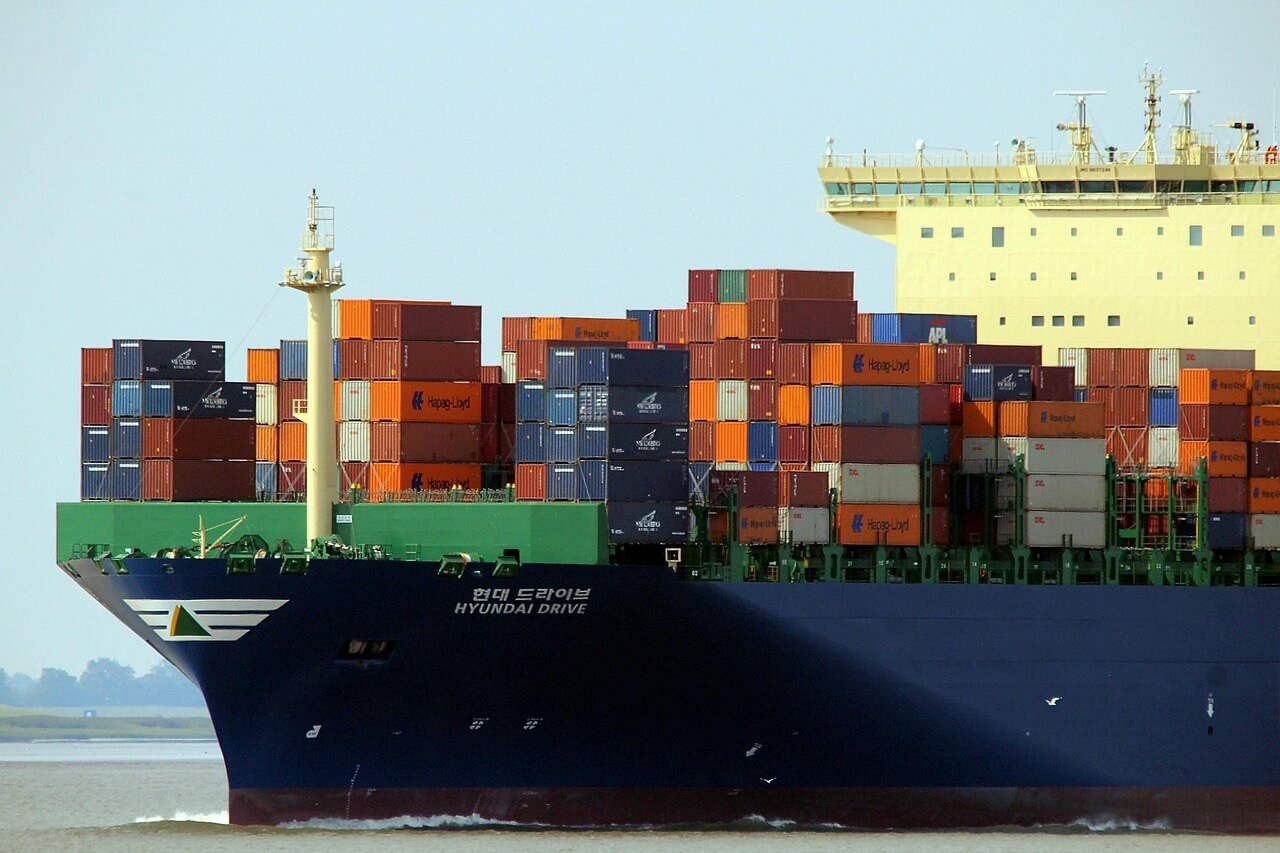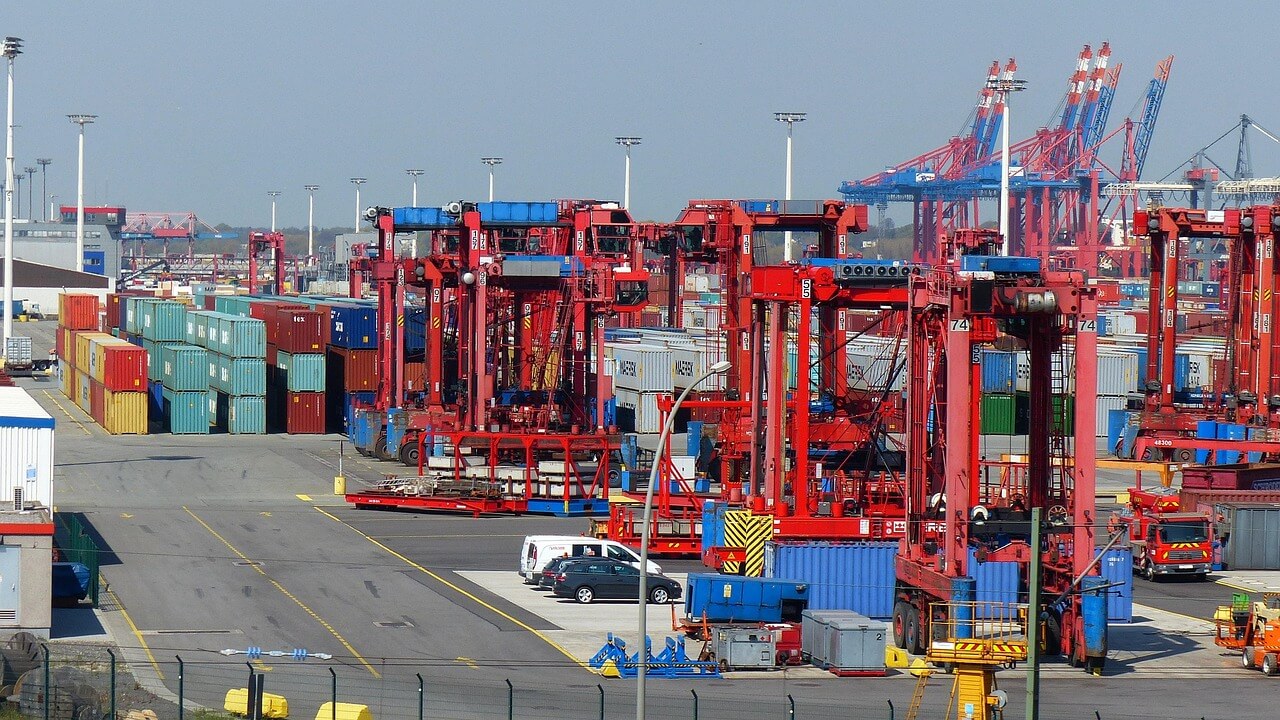
28
Apr
How can freight forwarders avoid import and export fee traps when exporting to Tanzania?
EXPORTING TO TANZANIA: How Freight Forwarders Can Avoid Import and Export Cost Traps
As businesses expand their operations to global markets, exporting to Tanzania can offer a lucrative opportunity. However, managing the complexities of international trade and navigating the import-export process can pose challenges, especially when it comes to hidden costs and traps. Freight forwarders play a crucial role in ensuring smooth shipments, and it’s important for them to be aware of ways to avoid cost pitfalls. Here are some tips for freight forwarders to help mitigate risks and ensure cost-effective import and export operations in Tanzania:
1. Understand Local Regulations and Requirements: It is crucial for freight forwarders to have a thorough understanding of Tanzania’s import-export regulations, including customs requirements, tariffs, and taxes. Being familiar with these regulations helps identify potential hidden costs and delays, enabling you to plan accordingly and avoid last-minute surprises.
2. Research Market Conditions: Stay informed about market conditions and changes that could affect the cost of shipping. This includes factors like currency fluctuations, seasonal demand variations, and changes in transportation infrastructure. Being proactive in monitoring these factors helps you make informed decisions and plan budget accordingly.
3. Opt for Transparent Pricing: Opt for freight forwarders who offer transparent pricing structures with no hidden costs. Ensure you understand all charges upfront, including fees for handling documents, customs clearance, transportation, and insurance. This helps avoid unexpected expenses during the shipping process.
4. Communicate with Partners Regularly: Regular communication with suppliers, carriers, and customs brokers is essential. Staying updated on shipment status, any changes in regulations or costs, helps you make timely decisions and minimize risks.
5. Use Technology for Better Cost Management: Utilize technology tools that provide real-time cost estimations and help manage costs effectively. These tools help identify potential cost-saving opportunities and enable you to adjust your strategy accordingly.
6. Consider Risk Mitigation Strategies: Develop risk mitigation strategies to tackle unexpected events that could affect the cost of shipping. This could include having contingency funds in place, working with reliable partners, and being flexible in your approach to adapt to changes quickly.
7. Leverage Partnerships and Relationships: Building strong relationships with local partners in Tanzania can help you gain valuable insights into the local market and industry practices. Partnering with experienced freight forwarders who have a good understanding of the local market can help you navigate the import-export process smoothly and avoid cost traps.
In conclusion, avoiding import and export cost traps when exporting to Tanzania requires a comprehensive understanding of local regulations, market conditions, and effective cost management strategies. By following these tips, freight forwarders can ensure smooth operations, mitigate risks, and achieve cost-effective import and export operations in Tanzania.
As businesses expand their operations to global markets, exporting to Tanzania can offer a lucrative opportunity. However, managing the complexities of international trade and navigating the import-export process can pose challenges, especially when it comes to hidden costs and traps. Freight forwarders play a crucial role in ensuring smooth shipments, and it’s important for them to be aware of ways to avoid cost pitfalls. Here are some tips for freight forwarders to help mitigate risks and ensure cost-effective import and export operations in Tanzania:
1. Understand Local Regulations and Requirements: It is crucial for freight forwarders to have a thorough understanding of Tanzania’s import-export regulations, including customs requirements, tariffs, and taxes. Being familiar with these regulations helps identify potential hidden costs and delays, enabling you to plan accordingly and avoid last-minute surprises.
2. Research Market Conditions: Stay informed about market conditions and changes that could affect the cost of shipping. This includes factors like currency fluctuations, seasonal demand variations, and changes in transportation infrastructure. Being proactive in monitoring these factors helps you make informed decisions and plan budget accordingly.
3. Opt for Transparent Pricing: Opt for freight forwarders who offer transparent pricing structures with no hidden costs. Ensure you understand all charges upfront, including fees for handling documents, customs clearance, transportation, and insurance. This helps avoid unexpected expenses during the shipping process.
4. Communicate with Partners Regularly: Regular communication with suppliers, carriers, and customs brokers is essential. Staying updated on shipment status, any changes in regulations or costs, helps you make timely decisions and minimize risks.
5. Use Technology for Better Cost Management: Utilize technology tools that provide real-time cost estimations and help manage costs effectively. These tools help identify potential cost-saving opportunities and enable you to adjust your strategy accordingly.
6. Consider Risk Mitigation Strategies: Develop risk mitigation strategies to tackle unexpected events that could affect the cost of shipping. This could include having contingency funds in place, working with reliable partners, and being flexible in your approach to adapt to changes quickly.
7. Leverage Partnerships and Relationships: Building strong relationships with local partners in Tanzania can help you gain valuable insights into the local market and industry practices. Partnering with experienced freight forwarders who have a good understanding of the local market can help you navigate the import-export process smoothly and avoid cost traps.
In conclusion, avoiding import and export cost traps when exporting to Tanzania requires a comprehensive understanding of local regulations, market conditions, and effective cost management strategies. By following these tips, freight forwarders can ensure smooth operations, mitigate risks, and achieve cost-effective import and export operations in Tanzania.
LEAVE YOUR COMMENT
categories
recentpost
-
 How can freight forwarders achieve efficient logistics and shipping from China to Tanzania?Apr 30,2025
How can freight forwarders achieve efficient logistics and shipping from China to Tanzania?Apr 30,2025 -
 What are the guarantee measures for transportation and transaction services from China to the UnitedApr 30,2025
What are the guarantee measures for transportation and transaction services from China to the UnitedApr 30,2025 -
 How is the international freight delivery service for transporting goods to Saudi Arabia?Apr 30,2025
How is the international freight delivery service for transporting goods to Saudi Arabia?Apr 30,2025 -
 What is the delivery time for international freight from China to Kenya?Apr 30,2025
What is the delivery time for international freight from China to Kenya?Apr 30,2025 -
 What is the customs clearance process for global land transportation from China to the United Arab EApr 30,2025
What is the customs clearance process for global land transportation from China to the United Arab EApr 30,2025 -
 Shipping Guide from China to Qatar: How to Calculate LCL Shipping Cost?Apr 30,2025
Shipping Guide from China to Qatar: How to Calculate LCL Shipping Cost?Apr 30,2025

